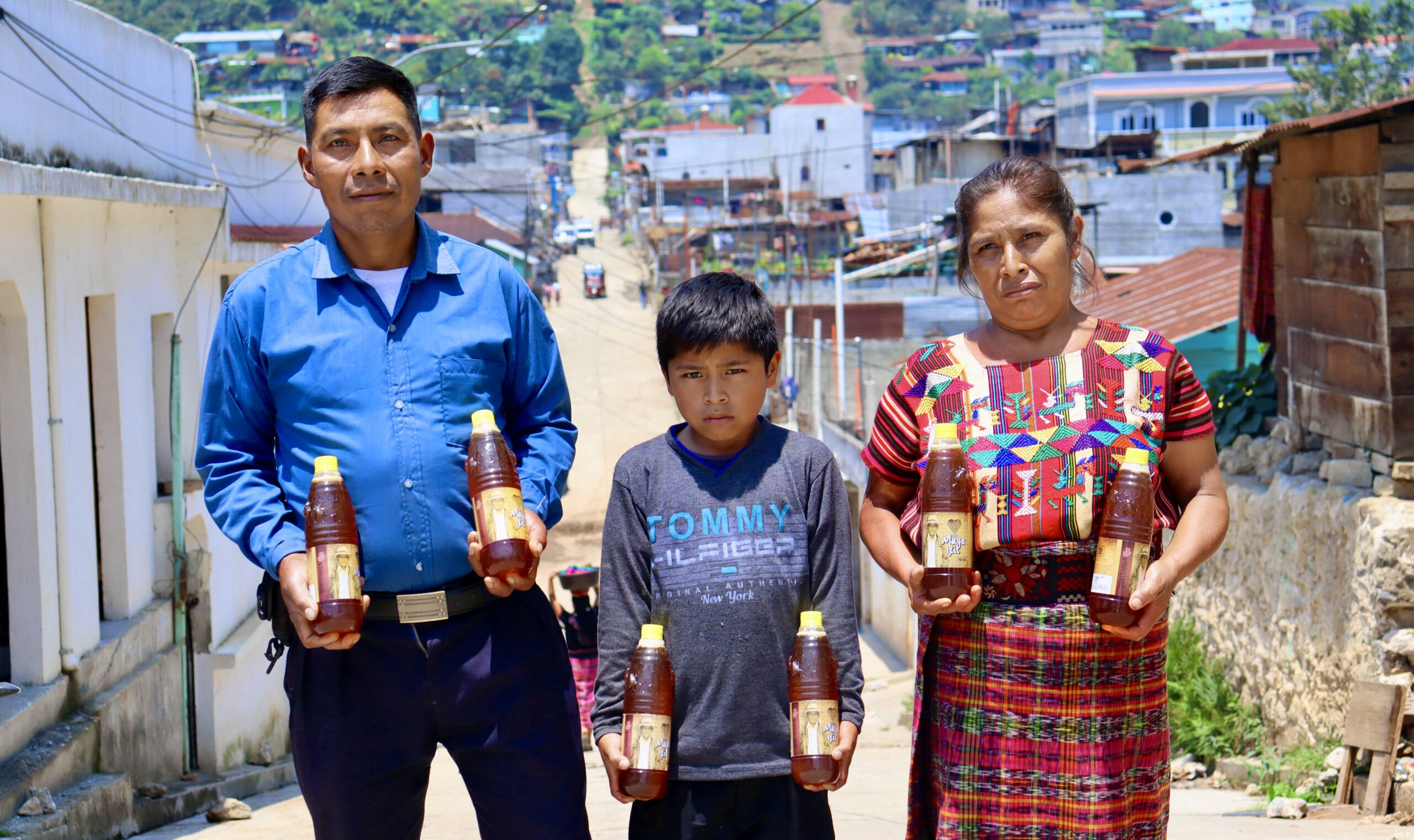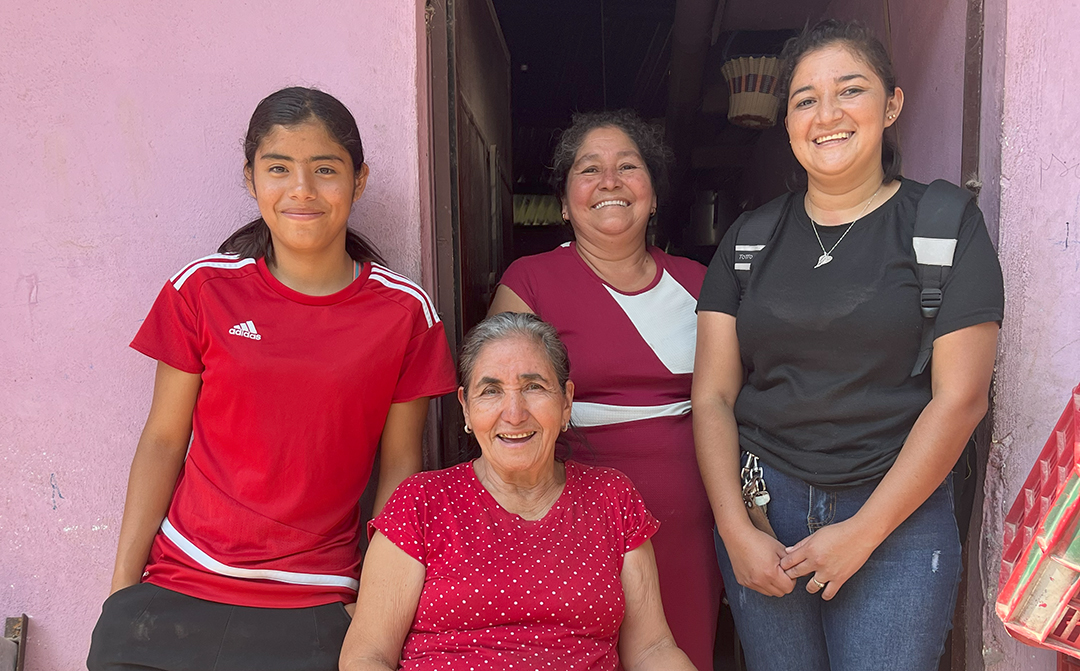Testimonials
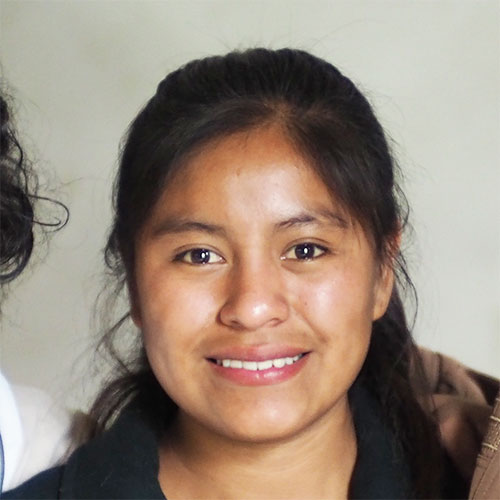
Isabella de la Cruz Medina, Beekeeping Promoter
Nineteen-year-old Isabella de la Cruz Medina began beekeeping 3 years ago with her father Domingo de la Cruz, the coordinator of Maya Ixil’s beekeeping program. She’s now an official member of the cooperative and manages 10 hives. She also works as a beekeeping promoter, providing support for other beekeepers.
Isabella joined Maya Ixil because she wanted her own hives. A key benefit of the program is the training she can access to gain useful skills and knowledge. She does all the work in her apiary and uses the Internet to further her learning. Isabella’s favorite part of being a promoter is going out to the field – though, as a young woman, it can be a challenge. Male beekeepers sometimes question her knowledge and are surprised she’s able to make it on her own to their apiaries. Some beekeepers still do not believe that she has enough knowledge, but they soon learn to appreciate her skills, especially related to honey harvesting.
Isabella is currently pursuing a technical career in agronomy, with Saturday classes in Nebaj that allow her to care for her apiary and carry out promoter activities during the week. Her goal? To have 70 hives!
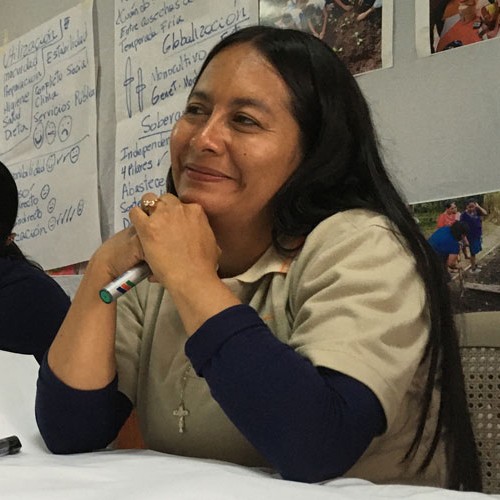
Dora López, Food Security Coordinator
“Among our team of 17 promoters, there are six women and nine young people. The program has helped them come together as a team. Before this, most had few opportunities to discover and demonstrate their skills. They’ve discovered their own leadership abilities as they provide trainings based on what they’ve learned and make follow-up visits to the families they serve.”
“We want people to understand how they can improve their quality of life by producing their own food, which ultimately means food sovereignty.”
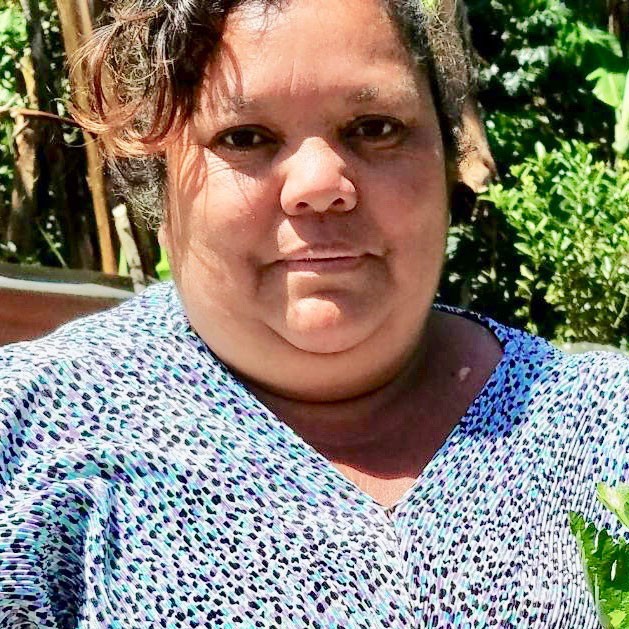
Sandra Isabel Obando, Nicaragua
During the political crisis that rocked Nicaragua in April 2018, many of the roads to communities served by SOPPEXCCA were barricaded. Food prices quickly rose and many coffee farmers like Sandra had to go into debt to feed their families.
Sandra put the skills she learned in Food 4 Farmers’ organic market program to good use, feeding her family with the fruits and vegetables she grew while she earned additional income selling produce to her neighbors and quickly repaying her debt. Sandra continues to sell produce at the new farmers’ market in Jinotega and has grown confident in her abilities as an expert in organic produce cultivation.
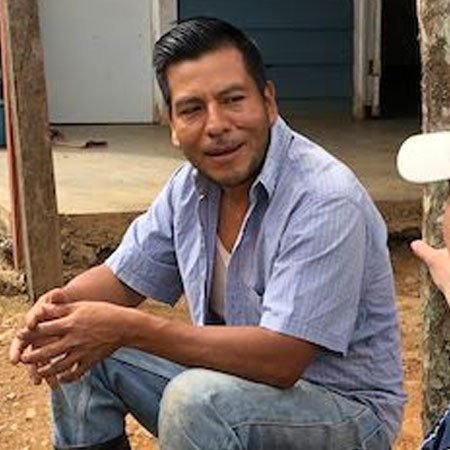
Candido Perez, Mexico
When Candido first joined Food 4 Farmers’ beekeeping program, he didn’t expect much. Then he and his wife Seleni quickly realized how income from honey could transform their family economy. Candido now manages 36 hives and receives enough income from honey to properly care for their coffee farm with enough left to buy food.
This strategy has enabled them to eliminate the four months of food insecurity they reported in 2015. They recently invested a portion of their coffee income in a small convenience store that Seleni manages.
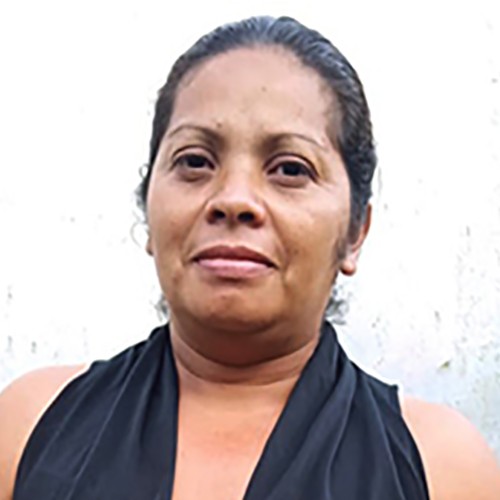
Rosibel González, Nicaragua
As a participant in SOPPEXCCA’s organic farmers market program in Nicaragua, Rosibel had this to say, “It’s a great advantage to produce vegetables without pesticides so we don’t jeopardize the health of our children.”
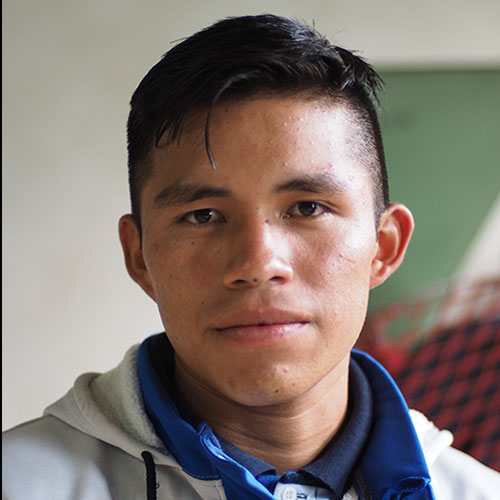
Justo Pérez Itzep, Beekeeper & Coffee Farmer
Justo is 20 years old and lives in the community of Xeputul II. His father, Don Nicolás Pérez Rodríguez, emigrated to the United States over a year ago after a landslide destroyed their farm. Don Nicolás had been a participant in our beekeeping program at Maya Ixil. When he emigrated, he left his son in charge of his six hives.
Justo wants to help his family get ahead through beekeeping, and thanks to Maya Ixil’s technical support, he now has 21 hives. At harvest time, Justo’s mother and younger sisters help out at the family apiary.
During the 2019 harvest season, Justo collected 370 pounds of honey, selling 285 to the cooperative and saving 85 pounds for his family. He has actively put what he has learned at trainings into practice. As his skills have improved, Justo has rented additional land to house a growing number of hives with a goal of owning 50 hives by the end of 2020.
Help coffee-farming families and their communities access locally grown nutritious food, every day.

